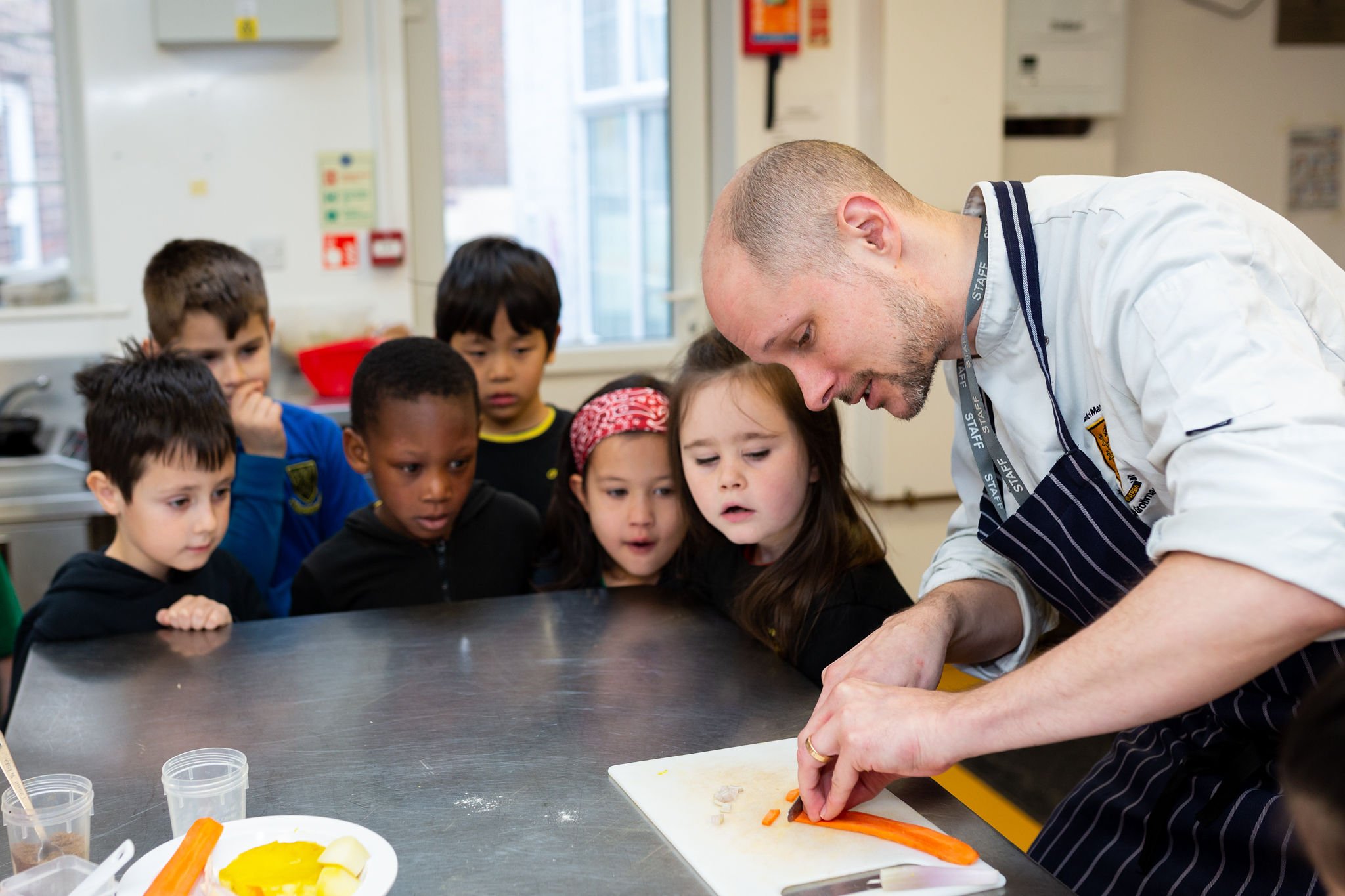
Report a Safeguarding Concern
If you’d rather not talk to staff or disclose your identity, you can still make an anonymous report.
Domestic Abuse
What is domestic abuse?
Domestic abuse is not always physical violence. It can also include:
coercive control and ‘gaslighting’
economic abuse
online abuse
threats and intimidation
emotional abuse
sexual abuse
Signs of domestic abuse
It can be difficult to tell if domestic abuse is happening and those carrying out the abuse can act very different when other people are around. Children and young people might also feel frightened and confused, keeping the abuse to themselves.
Signs that a child has witnessed domestic abuse can include:
aggression or bullying
anti-social behaviour, like vandalism
anxiety, depression or suicidal thoughts
attention seeking
bed-wetting, nightmares or insomnia
constant or regular sickness, like colds, headaches and mouth ulcers
drug or alcohol use
eating disorders
problems in school or trouble learning
tantrums
social withdrawal.
Effects of domestic abuse
Living in a home where domestic abuse happens can have a serious impact on a child or young person's mental and physical wellbeing, as well as their behaviour. And this can last into adulthood. What's important is to make sure the abuse stops and that children have a safe and stable environment to grow up in.
If a child reveals abuse
If a child talks to you about domestic abuse it's important to:
listen carefully to what they're saying
let them know they've done the right thing by telling you
tell them it's not their fault
say you'll take them seriously
don't confront the alleged abuser
explain what you'll do next
report what the child has told you as soon as possible.
Domestic abuse is a pattern of behaviour on the part of the abuser designed to control their partner. It can happen at any point in a relationship, including after you have split up. Anyone forced to change their behaviour because they are frightened of their partner or ex-partner’s reaction could be experiencing abuse.
Domestic abuse can happen to anyone, regardless of age, background, gender, religion, sexuality or ethnicity. However, statistics show most domestic abuse is carried out by men and experienced by women but there are many cases where women are the aggressor. Domestic abuse is never the fault of the person who is experiencing it and it is a crime.
If you are suffering abuse or are aware of someone that is a victim of abuse, please do not suffer in silence. Contact the freephone, 24-hour National Domestic Abuse Helpline.
Freephone National Domestic Abuse Helpline, run by Refuge.
Call: 0808 200 0247
Visit the helpline to access further information, a contact form and the live chat service. If you are in immediate danger, call 999 and ask for the police.
Additional support:
Abuse and Harm Guidance
Advice to parents and carers on keeping children safe from abuse and harm. Website here.
Women’s Aid
A charity supporting women and children from domestic abuse. Please seek help from a professional without delay if you or someone you know is in danger. Visit their Website here.
Men’s Advice Line
0808 801 0327
Solace
If you need help now, get in touch. 0808 802 5565. Free and confidential advice and support for women in London affected by abuse. Visit their Website here.
